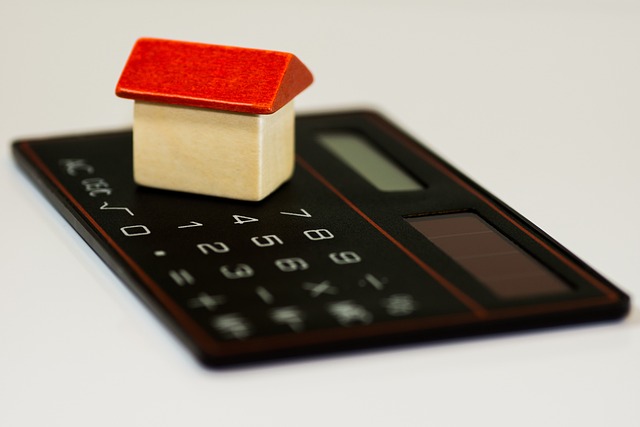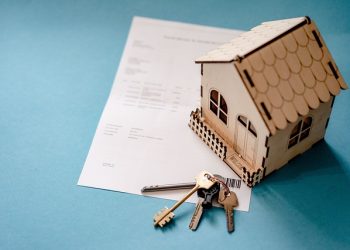Long-term property ownership in the UK holds a special place in the hearts of many Brits. Past the basic longing for a spot to call home, it offers a scope of unmistakable and elusive benefits that make it an engaging possibility for people and families. This article will discuss the many advantages of long-term property ownership, including capital appreciation, equity benefits, financial security, the potential for passive income, emotional well-being, and stability that come with homeownership. It will also explain why it’s a dream for so many people.
Why owning a house is a dream for many Brits?
Owning a property outright represents a significant life achievement for many Brits. It represents stability, fiscal discipline, and leaving a legacy for future generations; it is more than just a place to live. In the UK, the desire to buy a home is firmly ingrained, and it’s frequently viewed as a turning point on the path to financial stability and a sense of community. Rightmove claims that the desire to possess a home that may be passed down to future generations is a prized goal for many people.
List and describe six benefits of long-term property ownership
Capital Appreciation: One of the most convincing advantages of long-haul property proprietorship is the potential for capital appreciation. Over the long run, property estimations will generally increment, permitting mortgage holders to create significant financial well-being. The UK property market has historically shown consistent growth, making it a reliable avenue for long-term investment.
Equity Benefits: As you make mortgage payments and the property’s value increases, you build equity in your home. Equity can be tapped into through home equity loans or lines of credit, providing access to funds for various purposes, such as home improvements, education, or emergencies. You can also look at an equity release calculator to see how much equity you can release with a lifetime mortgage.
“It’s crucial that buyers undertake careful research into what they’re buying, including getting a full survey – to mitigate against any unexpected physical risks,” comments James Durr of Property Solvers.
Financial Security: Owning a property can provide a sense of financial security. It offers stability in housing costs, shielding homeowners from rent fluctuations. Additionally, as you pay down your mortgage, you gradually reduce your debt, further enhancing financial stability.
Potential for Passive Income: Long-term property ownership can open doors to generating passive income. For example, mortgage holders might decide to lease a part of their property or put resources into extra investment properties, making a constant flow of pay that can enhance their funds.
Emotional Well-Being: Homeownership is related to profound prosperity. Having a spot to call home cultivates a feeling of having a place and soundness, adding to by and large bliss and satisfaction. It permits people to settle in locally and make enduring recollections.
Stability and Control: Property ownership provides a level of control and autonomy that renting cannot match. Homeowners can personalize their space, make renovations, and create a sense of permanence. This stability is particularly attractive for those looking to raise a family or settle in a particular area.
In conclusion, long-term property ownership in the UK offers many benefits beyond tangible financial aspects. It fulfills the dream of having a place to call home, provides a path to financial security, and opens doors to capital appreciation and passive income. Moreover, the emotional well-being and stability that come with homeownership are invaluable. As a cornerstone of financial planning, long-term property ownership remains a cherished goal for many Brits, offering a roof over their heads and a solid foundation for their future.







